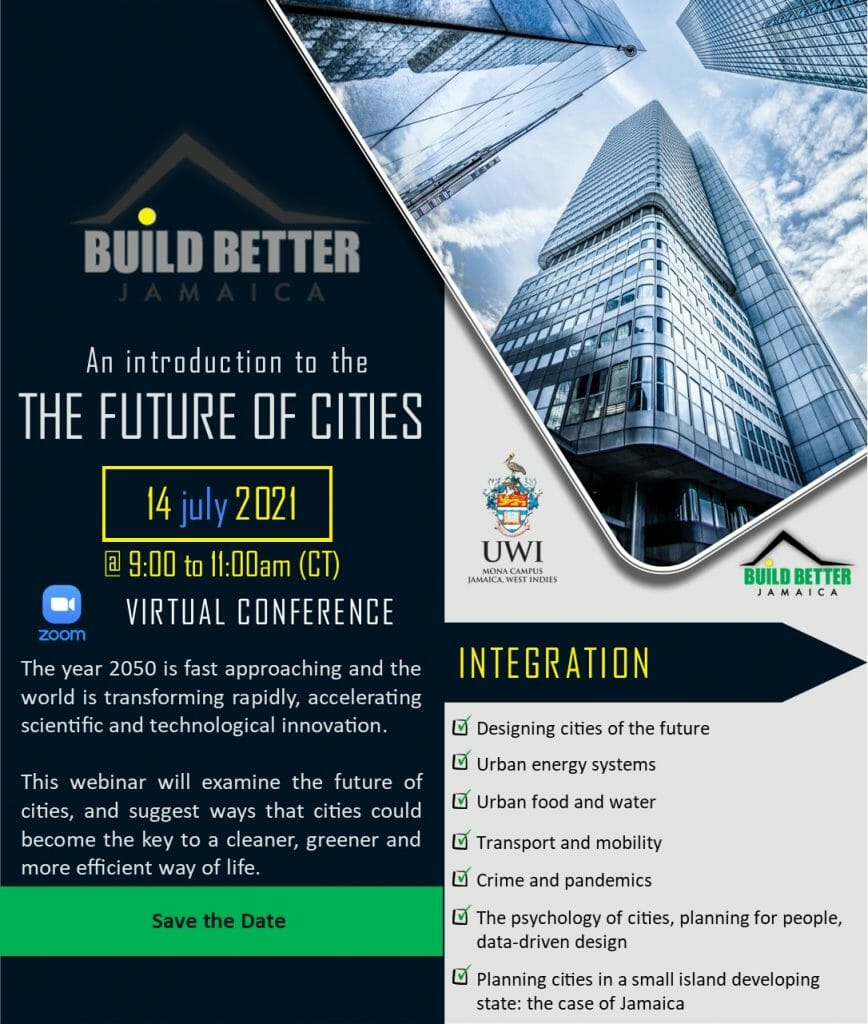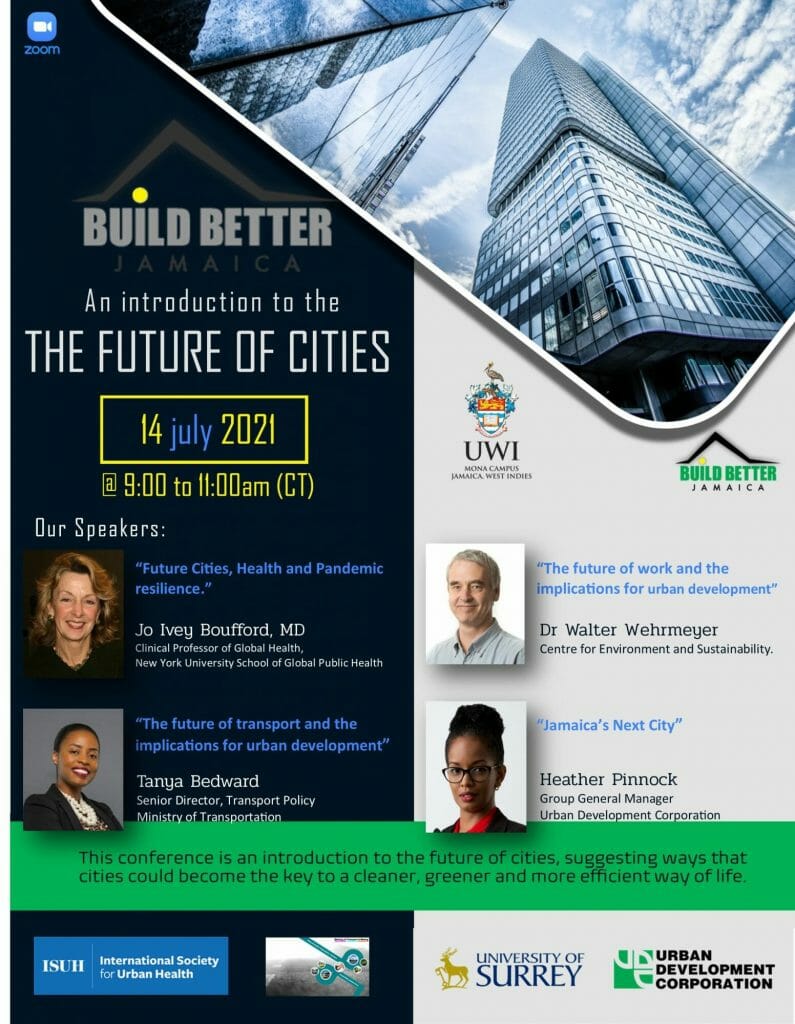
The rate of world population growth is slowing, and is projected to fall to replacement rate by about 2070. However, the current rate of population growth and urban migration will still add another 2.5 billion people to urban populations by 2050. This will require the equivalent of 110 new cities, each with over 20 million inhabitants (approximately the size of Mexico City today); most of which will be in Asia and Africa. As a result, material consumption by the world’s cities will grow from 40 billion tonnes/year in 2010 to about 90 billion tonnes/year by 2050. This includes the materials used in the construction and operation of cities and to support urban lifestyles, such as coal, oil and gas, sand and cement, tar, aggregate and steel, chemicals, plastics, wood and water and food. This is likely to exceed available resource flows, and will make it impossible to achieve CO2 emission reduction goals. It is therefore now essential to develop a new and far more efficient model of urban development and living in order to contain resource consumption and CO2 emissions.
However, cities also offer the greatest opportunities to move the world to a more sustainable development trajectory. Cities provide densely populated spaces for economically viable and resource-efficient energy, food, water and transport systems. They are the main hubs for innovations in communications, education, and business. Cities can sustain the educational and training institutions needed to foster innovative capacity and new models of work and business development.
So the focus of this webinar is whether cities can adapt and evolve to accommodate the population increase; delivering the new models of urban living required to deliver far higher levels of energy and resource efficiency, minimize environmental impacts, generate employment opportunities and encourage social integration and cohesion. Will it be possible, for example, to make cities into drivers of sustainable change by utilizing smart systems for housing, transport, food, water, waste, sanitation, work and living and ensuring significantly greater resilience to pandemics, natural and man-made disasters?
The four speakers in the webinar are all thought-leaders, and actively involved in developing the urban systems of the future.
To see the webinar’s reports: Surveys, Attendees, Registrations and Q&As.
